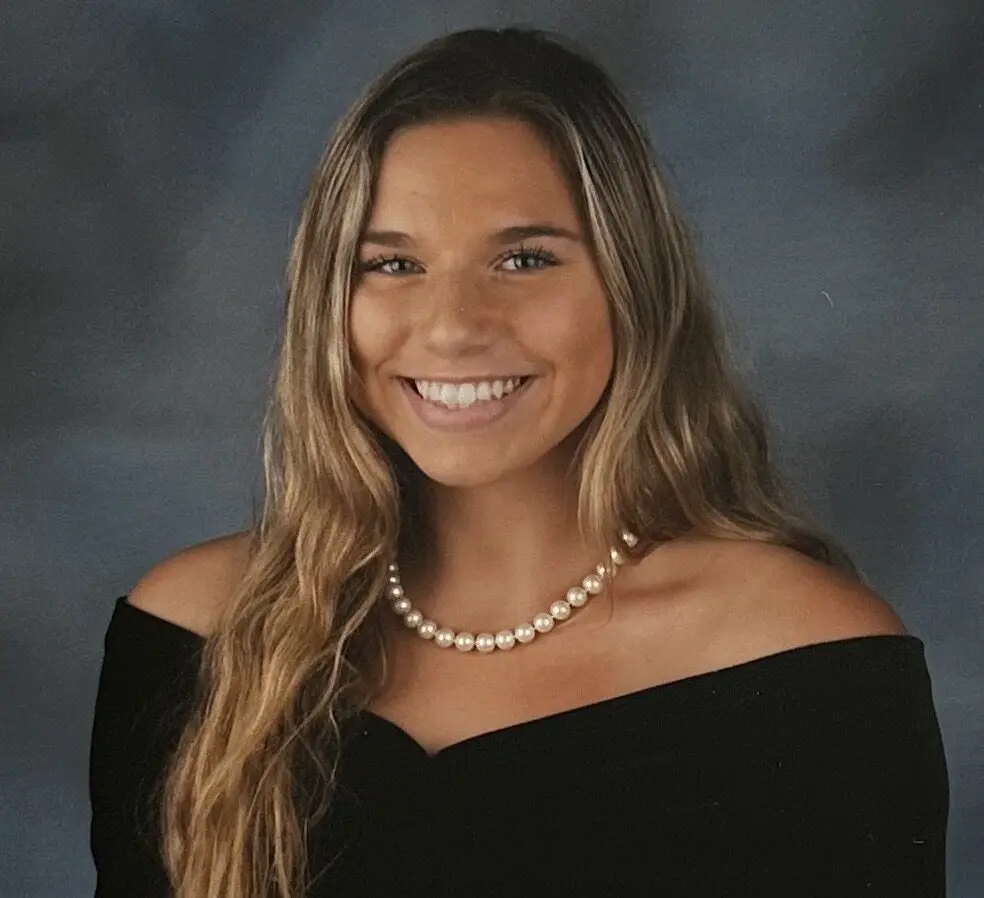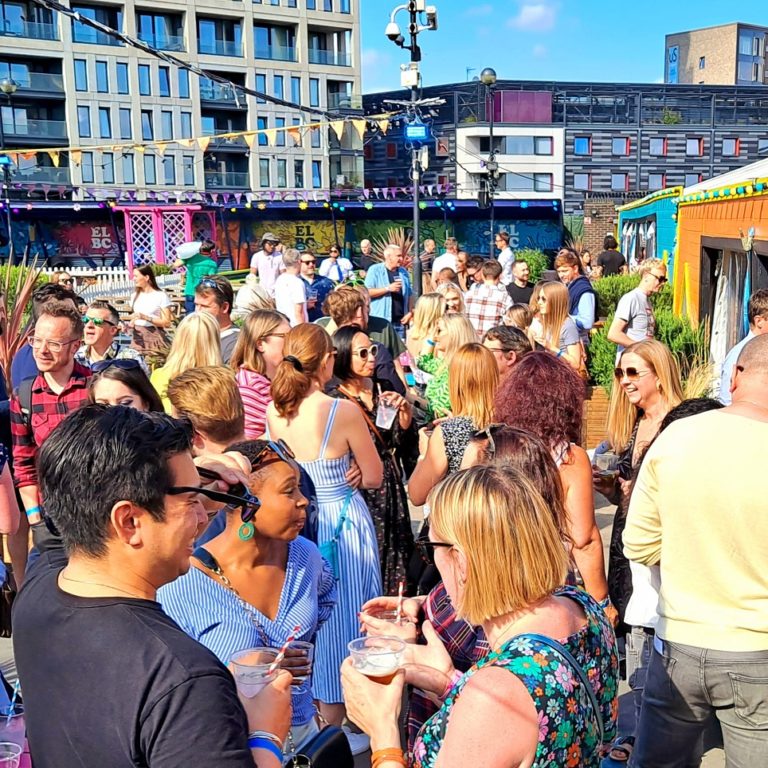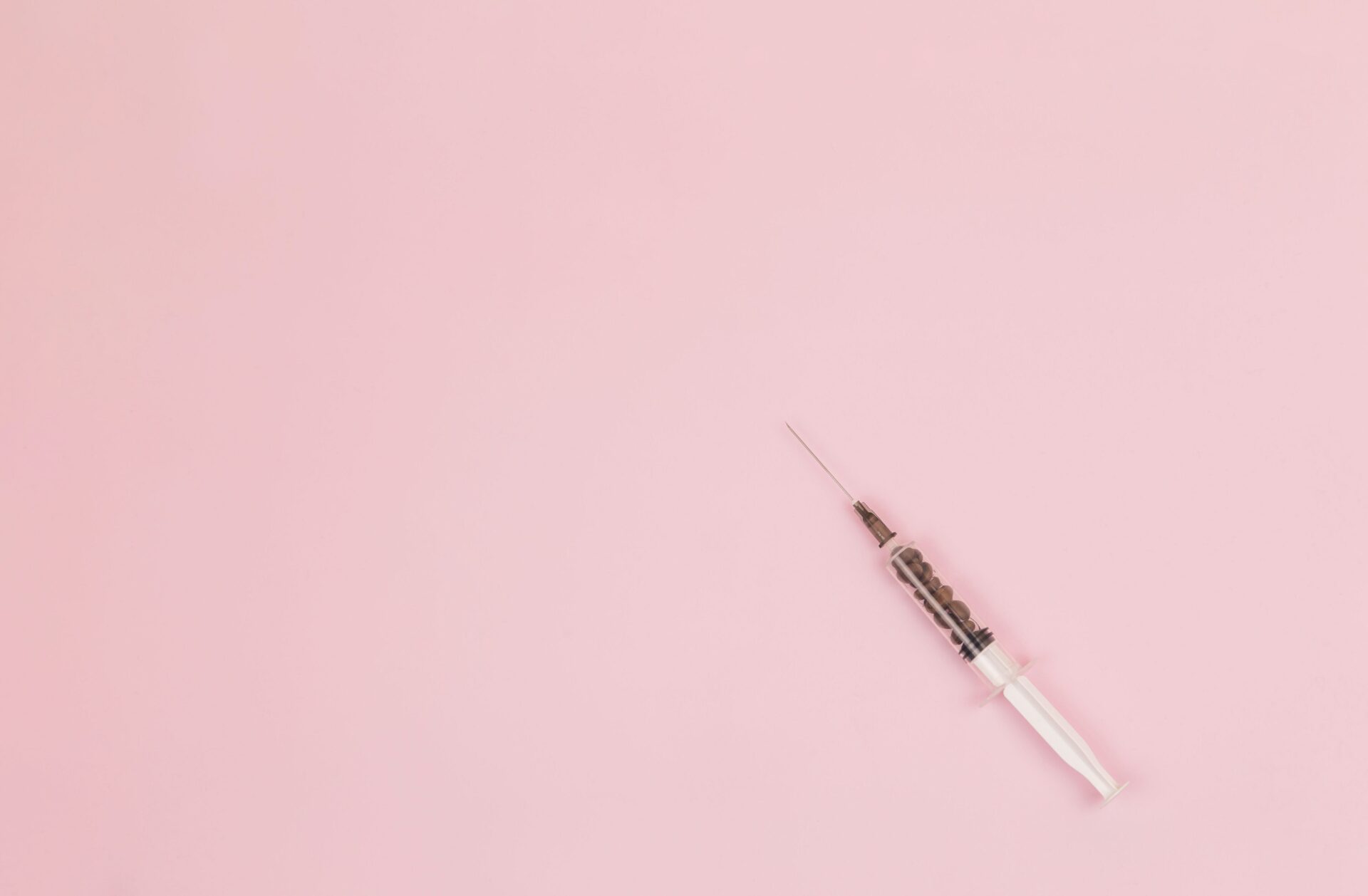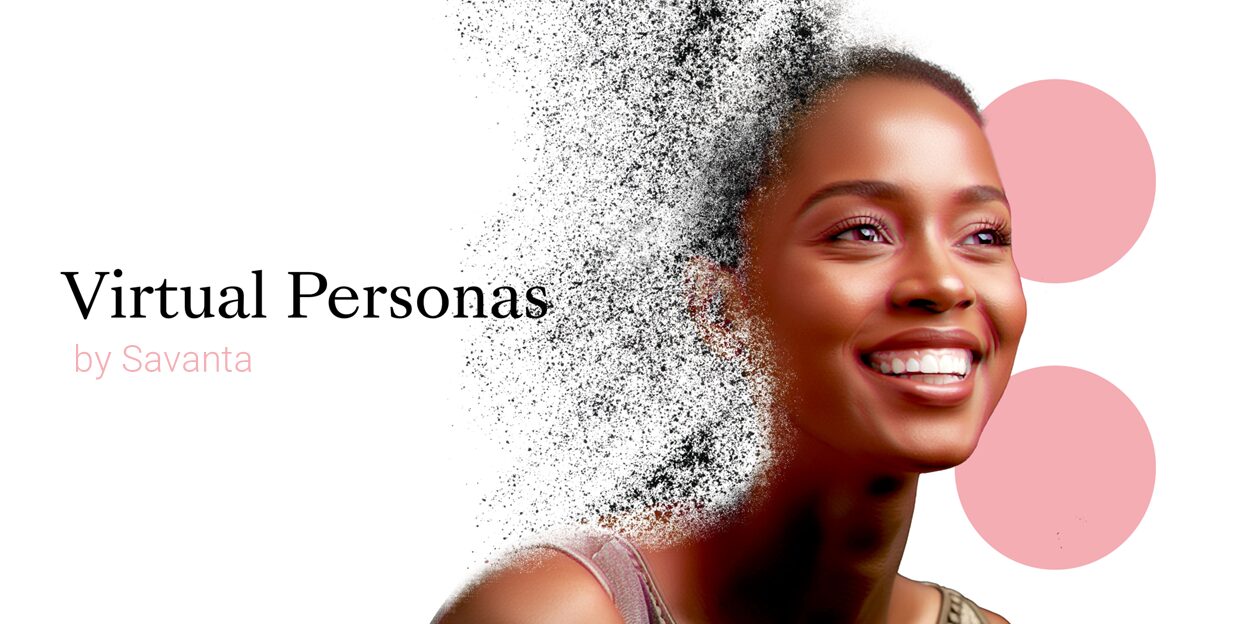

With influencer marketing in particular on the rise, we're bombarded with new stuff constantly that alters our understanding of necessity. Social media has exponentially increased our exposure to new concepts, trends, and ideas. But is this influx more beneficial or detrimental?
Over a third (37%) of Gen-Z respondents said they are more likely to undergo cosmetic surgeries due to social media.
Take cosmetic procedures, for instance. 65% of Americans who have had plastic surgery said that social media influences today’s beauty standards, increasing insecurity and lowering self-esteem. In comparison, 55% of Americans without plastic surgery agree.
These procedures serve various purposes, from boosting self-confidence to fixing physical imperfections or improving life quality. But here’s where it gets dicey. When we start wanting to tweak our ‘imperfections’ or alter characteristics based on the beauty and allure for a better state of being, often paraded on social media, we see a significant problem arise. At what point does pursuing these standards blur the line between personal enhancement and societal conformity? This is a nuanced discourse we need to delve into.
The disparity between generations
The world of cosmetic surgery is evolving rapidly, embracing the wave of preventive aging sweeping across the beauty industry. Once seen as an exclusive luxury, cosmetic procedures now exist as an attainable, granular treatment that has been adopted to align with individuals’ needs. This shift reflects a broader trend towards proactive wellness and self-care, focusing on the changing perceptions of beauty and aging among younger generations trying to maintain their youth. 37% of American Gen-Z respondents said they are more likely to undergo cosmetic surgeries due to social media, with many accounts and individuals highlighting the positive effects and experiences with procedures. Gen Z’s access to this content showcases a sway to two particular social platforms – 73% saw cosmetic procedures discussed on TikTok and Instagram the most. Of those on social platforms, 76% of Boomers haven’t seen any cosmetic procedures addressed within the past 12 months on their desired media, as opposed to 66% of Gen-Z who said they have.
Outside of the platforms used online, the cultural phenomenon of cosmetic surgery has permeated Gen-Z Americans’ day-to-day circles – with 56% of people knowing someone who has received cosmetic surgery. Meanwhile, Boomers saw a much smaller percentage of people who knew someone who had undergone cosmetic surgery of some kind (40%).
While each generation differs in how they perceive the normalcy of plastic surgery, there is also a variation in the popularity of specific cosmetic procedures among these age groups. 53% of Boomers said they know someone who has received Botox, as opposed to 35% of Gen-Z. On the other hand, more than one-third of Gen-Z (39%) said they know someone who has received lip filler, while only 14% of Boomers know someone who has received it.
Social media’s impact on individual beauty standards
The boost in influencer marketing has led to frequent discussions about cosmetic procedures on social media. A notable 81% of Americans who have undergone plastic surgery confirm witnessing these discussions. Within the past year, over half of American men (51%) have encountered plastic surgery topics on social platforms. Over half of both men and women, 55% and 59%, respectively, said social media’s hold on today’s beauty standards increased insecurity and lowered self-esteem. And with the escalating exposure to cosmetic surgery on social platforms, the more this prescribed beauty archetype amplifies across our culture. 67% of non-binary Americans strongly agree that social media directly influences today’s beauty standards. As with other socially curated content, the persistent discourse around cosmetic procedures underlines a specific aesthetic, subtly (or rather not) shaping our understanding and beauty standards.
Interestingly, our findings show that the perception of beauty is truly subjective. Those who underwent plastic surgery tend to view related social media content more positively, while individuals without such procedures maintain a neutral stance (43%).
Shaping trends and minds
Celebrities wield a unique influence over the public that surpasses conventional advertising. This influence, often leading to emulation in fashion, diet, or hairstyles, has recently extended to cosmetic surgery. Our research indicates that 40% of both American men and women believe celebrities and influencers have fueled the rise in cosmetic procedures. Their striking appearances often set new aesthetic benchmarks, encouraging individuals to pursue similar enhancements. In fact, 50% of Americans who have undergone plastic surgery concur that these public figures have played a significant role in normalizing such procedures.







